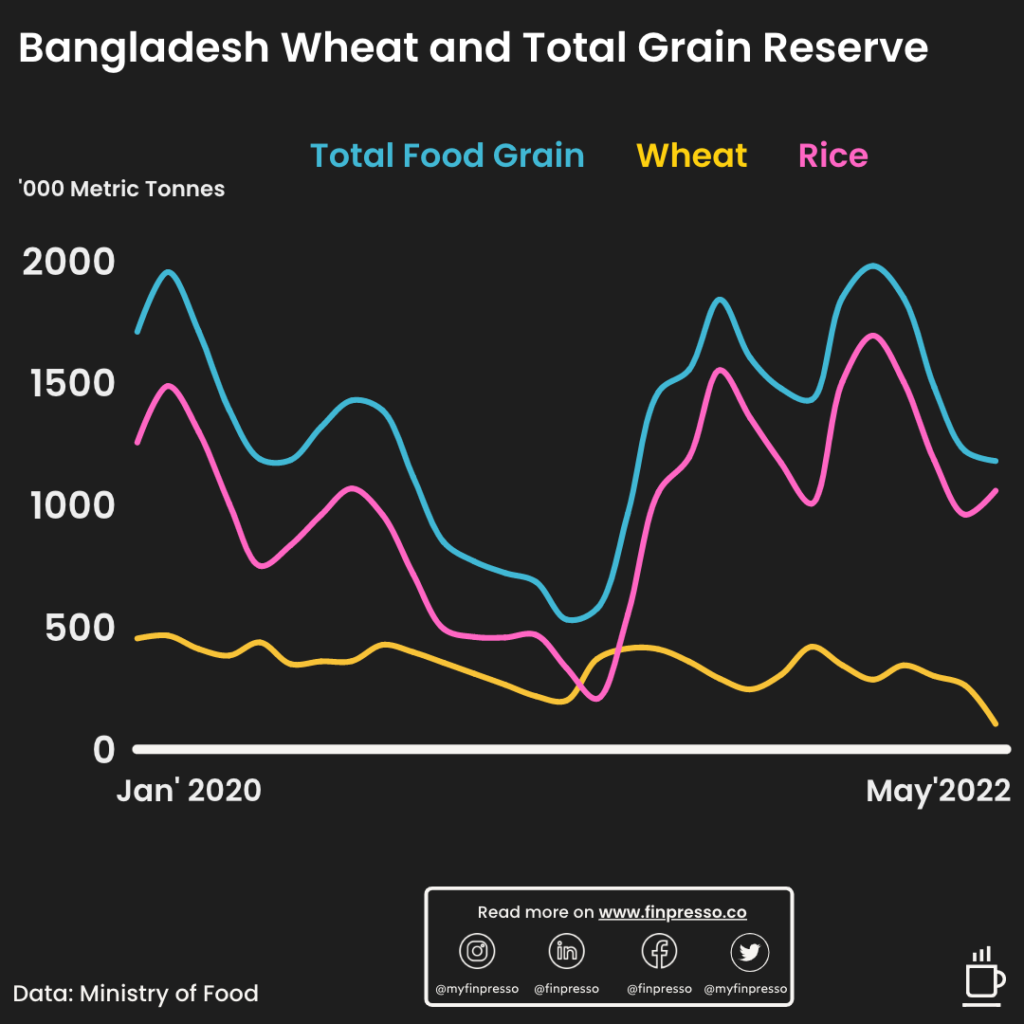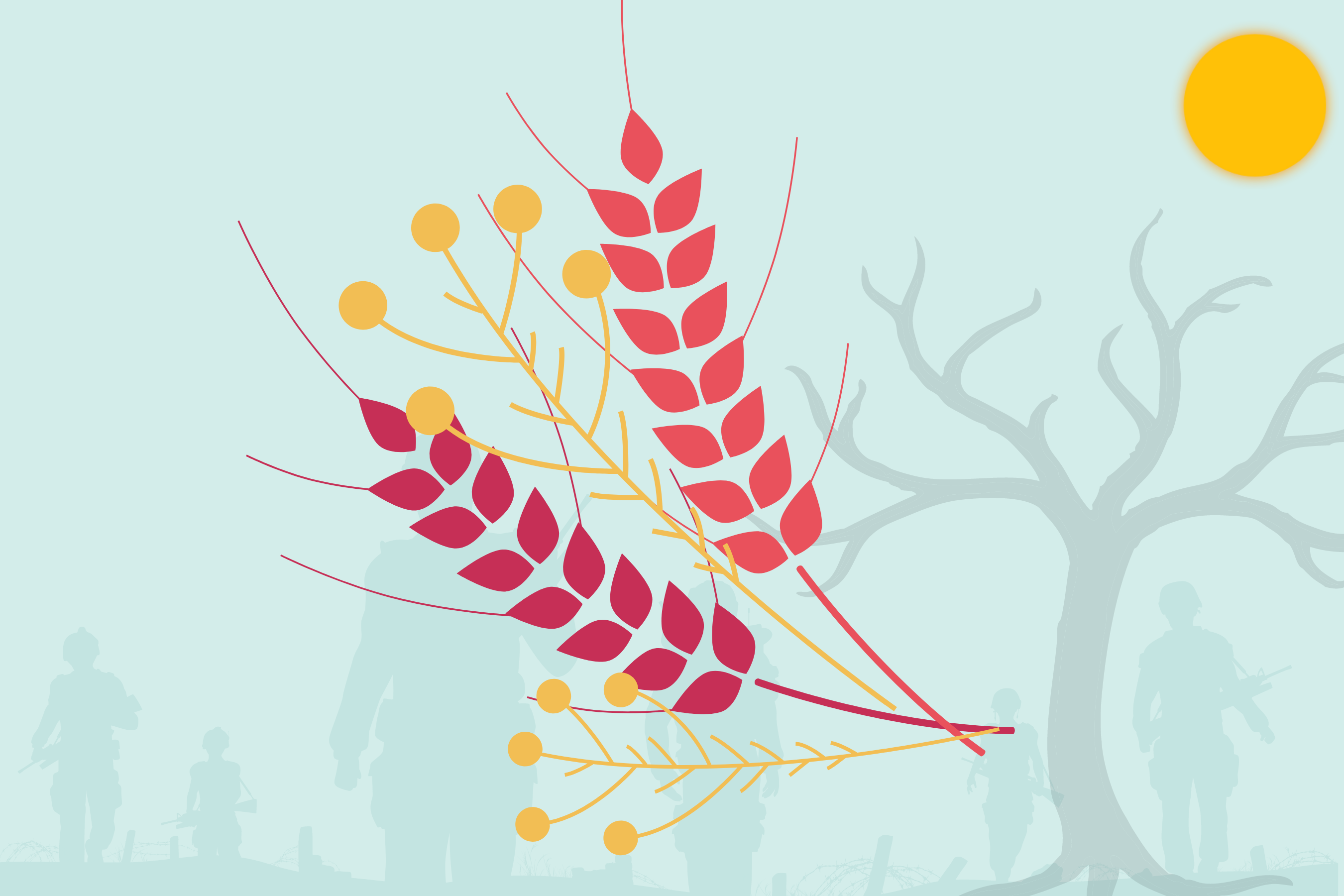Wheat prices increased almost 120% in the international market since the pandemic. And that has started to hurt people. After all, wheat is the staple food for more than one-third of the world. Why has the price increased so much though? Let’s try to unfold the situation here…
The world has about six breadbaskets. They are referred to as such because they account for feeding a large portion of the global population. Two of those breadbaskets are in India and Ukraine-Russian zone. Since the war started, Russia is facing a nightmare in exporting commodities as many stakeholders (insurers, logistics providers, traders, etc) in the supply chain are trying to avoid them in fear of Western sanctions. Ukrainian farmers on the other hand missed the wheat planting season because of the ongoing war in eastern Ukraine, which is also the most fertile land in the country. Their farmlands have turned into minefields rendering it impossible to plant crops. Also, the uncertainty because of the invasion is making them risk-averse.
India, on the other hand, has seen a drought this year. So it decided to halt wheat export to ensure own food security.
So how do all these events impact wheat exports globally?
Russia, Ukraine, and India account for about 30% of global wheat exports. And Bangladesh imports about 60% of its wheat from these 3 countries. One can guess from this how bad the situation is.
Bangladesh, however, has a good diplomatic relationship with India which may come to its benefit now. India has announced that it will sell wheat to governments on a case-by-case basis. Even then, the process is too bureaucratic and might further discourage wheat importers.
However, wheat price hike is unlikely to have a major impact on Bangladesh’s food security. Bangladesh has enough rice reserve for now. And although higher wheat prices may impact wheat-based products’ prices, the amount might not be much as the cost of wheat is a relatively small portion of the total cost of wheat-based end products. Rather, edible oil, fuel, transportation costs, VAT, and taxes impact more in the price increase of these products.

Global food security especially in Africa and the Middle East will surely take a hit. The last time food prices increased a decade ago, these territories saw the Arab Spring. Food price hike is always a sensitive issue. And governments will likely do everything in their power to combat that. The rest is yet to be seen.
